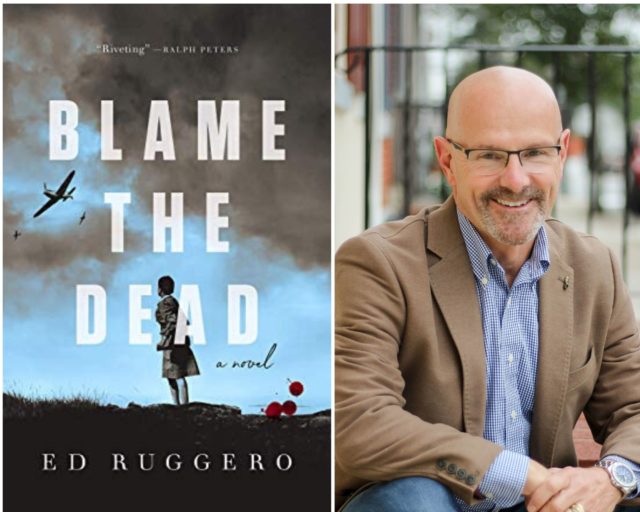In April 2015, B.K. Stevens debuted the blog series “The First Two Pages,” hosting craft essays by short story writers and novelists analyzing the openings of their own work. The series continued until just after her death in August 2017, and the full archive of those essays can be found at Bonnie’s website. In November 2017, the blog series relocated to my website, and the archive of this second stage of the series can be found here.
Visit Ed Ruggero’s website and you’ll begin to get a glimpse of his distinguished history and the many facets of his work today. West Point graduate, former Army officer, and former West Point teacher. A leadership consultant, teacher, and speaker whose clients have included the FBI, the CIA, the New York City Police Department, and Forbes, and who has appeared on CNN, The History Channel, the Discovery Channel, and CNBC to talk about “leadership, leader development, and ethics.” His nonfiction books include a title building on that expertise—The Leader’s Compass— as well as several histories: The First Men In: US Paratroopers and the Fight to Save D-Day; Combat Jump: The Young Men Who Led the Assault Into Fortress Europe, July 1943; and Duty First: West Point and the Making of American Leaders.
You’ll also find information about his latest book: Blame the Dead, the start of a new series of historical thrillers set in World War II and featuring Eddie Harkins, a Philadelphia beat cop turned Military Police lieutenant—and investigating a murder at a field hospital in Sicily.
Blame the Dead, published in early March, has already received rave reviews. Booklist called the book “A solid choice for WWII-thriller fans.” Library Journal praised the novel’s “vivid and unconventional setting for a murder mystery.” And in a starred review, Publishers Weekly celebrated “this exceptional WWII mystery and series launch.”
I’m pleased to welcome Ed Ruggero here today for a look at the opening of Blame the Dead—and (bonus!) at a short excerpt from the next book in the series, Comes the War. I hope you enjoy the essay below.
Please use the arrows and controls at the bottom of the embedded PDF to navigate through the essay. You can also download the essay to read off-line.
Ruggero-Blame
